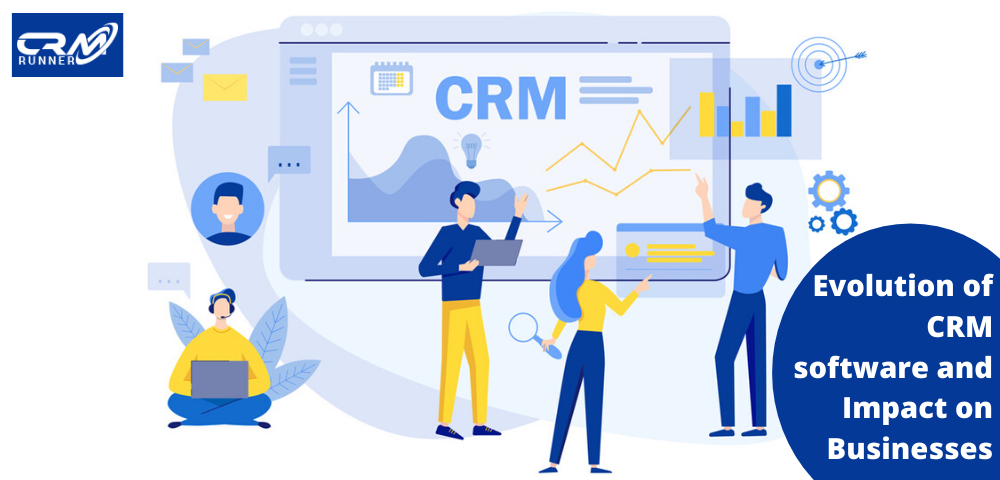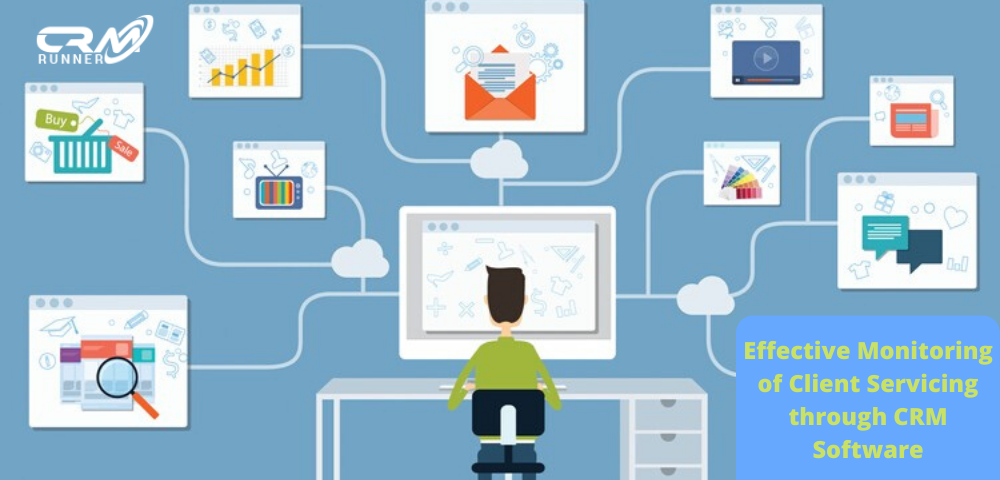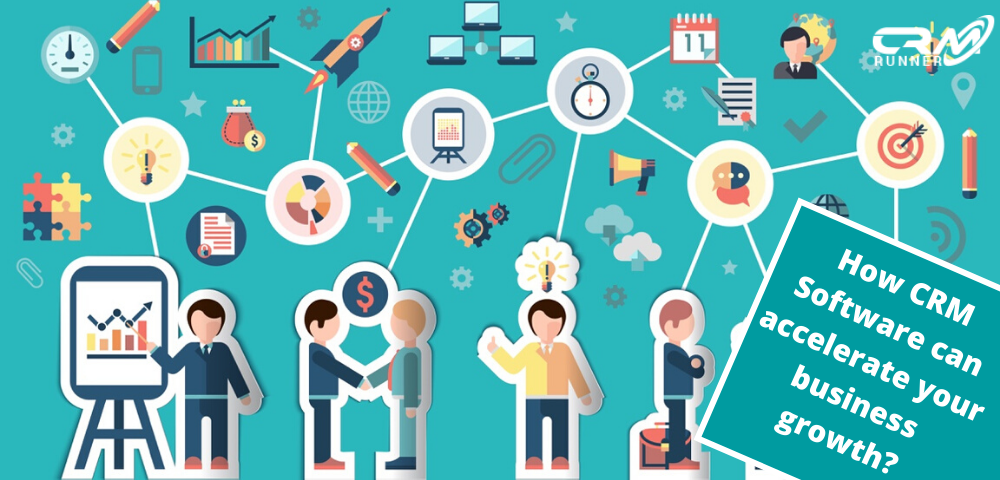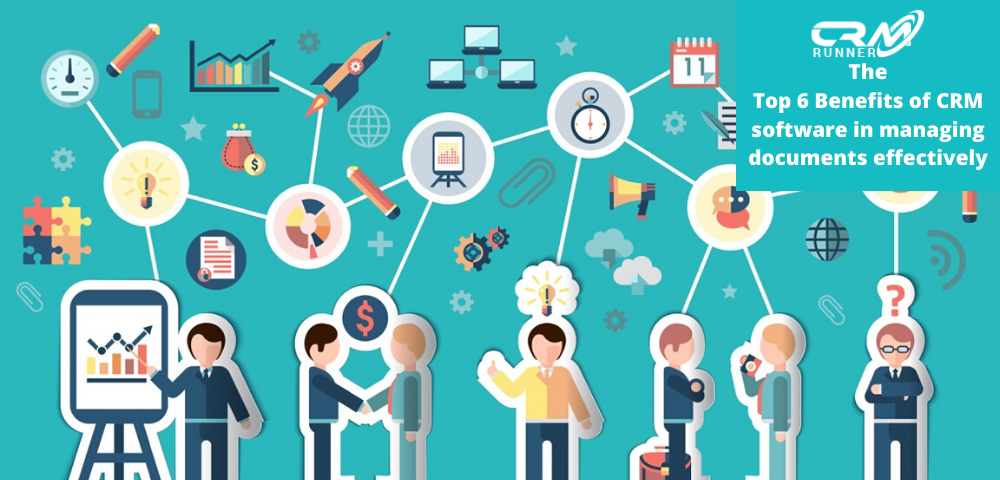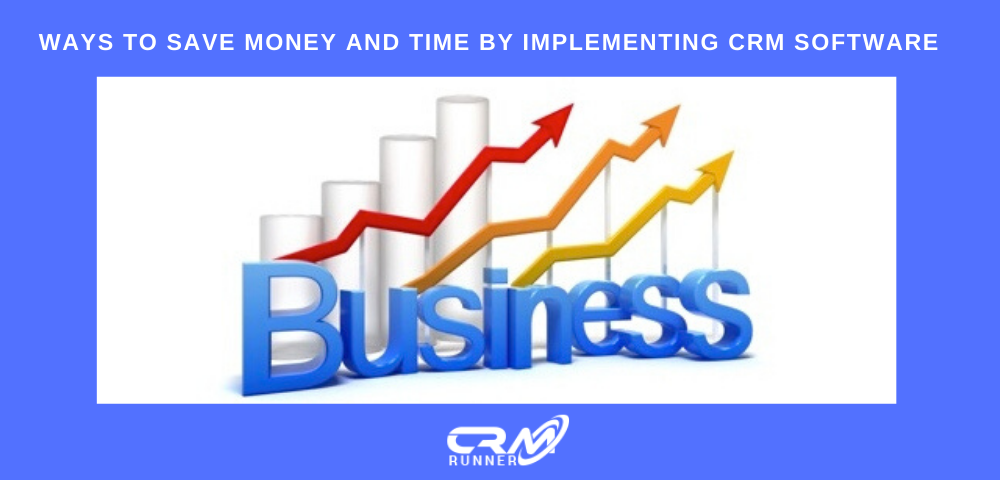Despite the advent of management software, small business owners are still hesitant to adopt new technologies, mainly because software such as CRM feels like an unnecessary addition to smaller operations.
Can small businesses benefit from software like CRM? Definitely. With CRM software, small businesses can get enterprise-level analytics, without having to hire expensive marketing, sales, and analytics team. By automating some of your processes and knowing how to optimize your sales processes, you can redeem multiple benefits and scale your business in no time.
Why Have CRM Software?
If you’re making less and fewer sales every month or you just realize you’re not growing at the pace you want, there’s something wrong with your current process. The problem is, business processes become complex over time, and it’s difficult to figure out which variables are making your ship sink.
CRM Software for businesses is a bird’s eye view of what works and what doesn’t, right down to the source. You don’t have to rely on guesswork or gut feeling; you’re looking at numbers and data and using those to plan your next course of action.
With CRM software, you figure out which parts of your sales process are time-dumps, giving you more time to focus on efforts that will bring in more money for your company. You save money because you’re channeling your resources on methods that are proven to work.
Benefits of Having CRM
- Automate Business Processes
Growing your small business involves doing tasks you don’t necessarily enjoy. Instead of hiring another person, you can automate certain tasks using your CRM software. This ensures that important but time-hungry tasks are being done routinely and efficiently.
- Smarter Email Marketing
Want to know how your email campaign is performing? Sync your CRM with Outlook, Gmail, or other email providers to get an insight into interactions. You can finally track opens, click-throughs, bounce rates, and other important metrics that will improve your email performance. Concrete contractors CRM Software can benefit significantly with the usage of CRM Runner.
Your CRM software saves you money and energy by doing the tasks you would hire other people to do. Whether you’re working solo or have a small team, a CRM can help you improve the way you do business, increase your profits, enhance customer service, and scale your success.
- Keep Track Of Sales Team
No leader wants to micromanage his or her sales team. With CRM software, your sales team can log their performance, allowing you and other members of the team to assess each other’s productivity. This can store data such as clients/prospects taken in, deals won vs the lost, amount of time spent on calls and emails, among other things.
The CRM software is a way to accurately assess your sales team’s performance and translate their work into quantifiable information. With this, you can assign accounts based on performance and history, and use this to decide on incentives and bonuses.
Still not sure how a CRM system benefits your business? Get in touch with and visit our website to learn how our CRM software has helped small businesses in the past, and how it can help you today.


 Français
Français Русский
Русский العربية
العربية Hebrew
Hebrew Deutsch
Deutsch Português
Português Turkish
Turkish Persian
Persian Italiano
Italiano Español
Español


